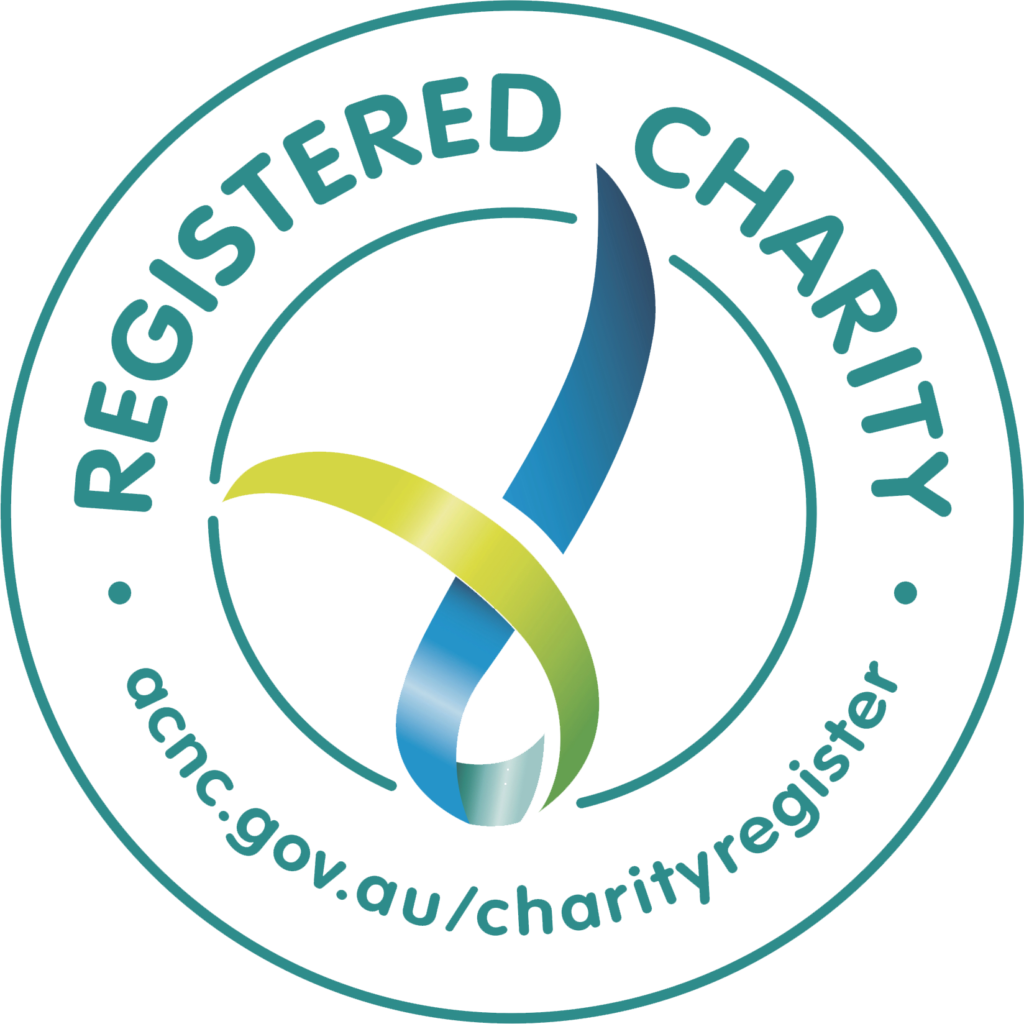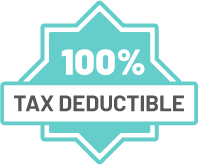Menu
Close
Menu
Nisab is the minimum threshold of wealth that individuals must possess for a specific period to be obligated to pay a form of charity. It’s determined based on the value of gold or silver. However since in the modern age, gold and silver are no longer used as a currency. We use their equivalent in cash and assets. 87.48 grams of gold or 612.36 grams of silver. Meeting or exceeding this threshold requires individuals to fulfill their charity obligations.
When calculating the amount of cash you have, ensure you include ALL financial resources. These include funds in your bank accounts and physical cash stored either on your person or at home. Likewise, if you possess cash in various International currencies (e.g. Indonesian Rupiah, Saudi Riyal, US Dollars, etc.), make sure to convert their values to Australian dollars before summing up your total assets.
Zakat applies specifically to the amount of gold found within your possessions, such as jewellery. When trying to determine this amount, it’s important to assess each item’s gold content accurately. Low-carat gold items (i.e., where there is a mixture of gold with other metals) will have a different amount of Zakat needed to be paid compared to high-carat gold items. Include the total weight of gold jewellery to ensure accurate Zakat payments.
Even if men don’t wear gold jewellery, if there’s a gold item in their possession, like a chain, Zakat should still be calculated on that. Remember to include the value of other gold items, like coins or bars.
For items made of a silver alloy (where silver is mixed with other metals), Zakat applies only to the portion containing silver. In turn, you will also need to calculate the total weight of the silver content in your jewellery to ensure accurate Zakat payments. Likewise, don’t overlook nor forget to calculate the value of any silver possessions you have in alternative forms, such as silver coins or bars.
Assets that your business has include cash, receivables (amounts owed to your business), inventory and credit sales linked to your business stock, with the stock valued at its retail price. If you’ve acquired property for your business solely for the purpose of resale, estimate the current value of your stake in the property. You should also consider including the current value of raw materials and ongoing work your business produces, if applicable.
In case your business holds liabilities that can offset these assets, you have the option to declare them in the next section. It’s also vital to note that if the anticipated business liabilities between now and your Zakat due date exceed the value of your own business assets, it’s advisable to exclude business specifics from your Zakat calculation. This step is crucial as it impacts the potential Zakat owed on a personal basis. Remember to account for business assets only based on YOUR ownership percentage in the business.
If you possess shares for long-term investment purposes with no intention to sell them, Zakat applies to the dividend income and the portion of Zakatable assets in your shares. If the dividend income hasn’t been accounted for in your cash section, include it for this Zakat year in this segment.
If your shares are primarily held for capital appreciation and intended for resale, include their market value in your Zakat calculation. Whether you’ve purchased shares directly or hold them within savings products like an ISA (Individual Savings Account), their value should be incorporated in this assessment.
If you have property beyond your primary residence, held for long-term investment purposes without plans for resale, Zakat is due only on rental income. If the rental earnings from your non-residential property haven’t been included in your cash section, please include the amount here.
If you own additional property with intentions to sell it during this Zakat year, include its current value in this assessment. However, if you possess extra property without intentions for resale or rental income, Zakat isn’t applicable. Please note that if you’ve already detailed property development in the Business section, you do not have to include this amount again in this section.
In Zakat calculations, obligations are applicable to secure debts, which refer to amounts owed to you that you’re assured will be repaid. These may include personal loans extended to friends and family members. However, it’s important to note that outstanding wages, dowries, inheritances or assets held in trust are excluded from Zakat considerations.
Please include the value of any outstanding or unpaid liabilities due for payment between now and your Zakat due date or any overdue payments in the following categories:
– Rent or mortgage payments
– Utility bills
– Credit card bills
– Other miscellaneous bills
However, please exclude any liabilities that are scheduled for payment beyond your Zakat date from this calculation.
The Prophet Muhammad (PBUH) said,
– Tirmidhi

